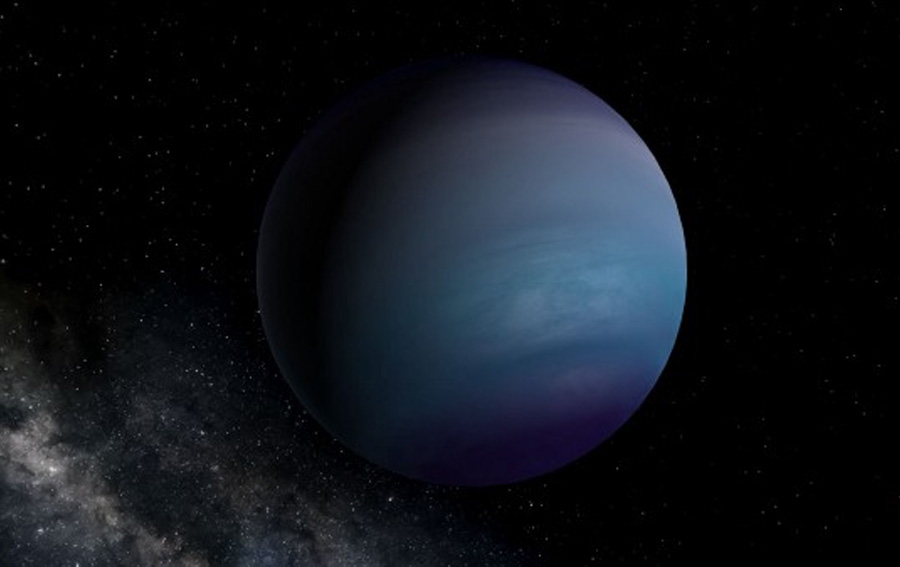We have been looking for over a century, but now we do have a target that is big enough.
I am still not optimistic, but without size we had nothing.
The cultural narritive has such an object plunging into the inner solar system. Alternately that aspect could be venus making it own debut as an inner solar system planet.
I think we need them both.
Has Planet 9 Already Been Spotted?
https://atlantisrising.com/2022/01/11/has-planet-9-already-been-spotted/
In 2016, astronomers, Konstantin Batygin and Michael Brown published a prediction—not yet a discovery—of a possible new planet lurking at the far periphery of the solar system, in an elongated path far beyond Pluto. Ever since, the hunt has been on for the missing planet. But, could the search for planet nine have already succeeded? Has a mysterious undiscovered planet, long envisioned somewhere beyond the orbit of Neptune by astronomers and alternative researchers alike have already made an appearance to probes from Earth, but gone unnoticed? A respected British Astronomer thinks so.
So far, no one has actually seen the theoretical planet. But, then again, maybe they have. Astronomer Michael Rowan-Robinson of Imperial College London has been combing through the data from a 1983 mission, in which he participated, and he now says he has located the illusive planet, or at least the part of the sky where it could be found. The data is taken from Infrared Astronomical Satellite (IRAS) readings.
Rowan-Robinson has published the findings of his research in arXiv, an open-access archive for articles on physics, mathematics, and computer science (https://arxiv.org/abs/2111.03831).
Observations of the planet Neptune have long led astronomers to believe another planet must be out there and interfering with its orbit. Pluto was found in 1930 by looking at objects on photographic plates, but it wasn’t large enough to account for the movement of Neptune. That anomalous movement is what arouses speculation about ‘planet 9’ (‘planet 10’, if you count Pluto)–aka, ‘Planet X.’ Arguments over the possibility of another planet beyond the orbit of Neptune have raged for over a century. As early as 1906, when he established The Lowell observatory in Flagstaff, Arizona, famed astronomer Percival Lowell was looking for his own version of Planet X, which he believed was indicated by the observed perturbations in the orbit of Neptune.
Studies of the sort have come from all parts of the world. In December 2015 the Journal of Astronomy of Astrophysics, published two Swedish papers claiming a new, relatively large, body out in the neighborhood of Pluto. Astronomer Wouter Vlemmings, co-author of both studies, reported observation of an object moving against the background stars which was then dubbed Gna, after a swift Nordic deity who delivers messages for Frigg, the goddess of wisdom. In 2018, Brazilian astronomer Rodney Gomes reported that his calculations showed the presence of a planet four times the size of Earth lying beyond the orbit of Pluto. Later, Carlos and Raul de la Fuente of Spain re-examined the data and concluded that, not only, must there be a planet such as proposed by Gomes, but that there must be an even bigger planet still further out which is influencing the first one. That such objects could have remained undiscovered for so long, we were told, is quite understandable.
Late in 2021 a team of space scientists published a paper in The Annual Review of Astronomy and Astrophysics suggesting that there may be an Earth- or Mars-sized planet orbiting beyond Neptune. They further suggest that simulations of the creation of the solar system show that such a planet may have been pushed from the outer regions of the solar system by Neptune and Uranus. Over the years, there have been several reports of large objects in the Kuiper belt (ie., Pluto and Eris), but until the Batygin and Brown discovery, none have been heavy enough to contend for the title of ‘Planet X’.

No comments:
Post a Comment